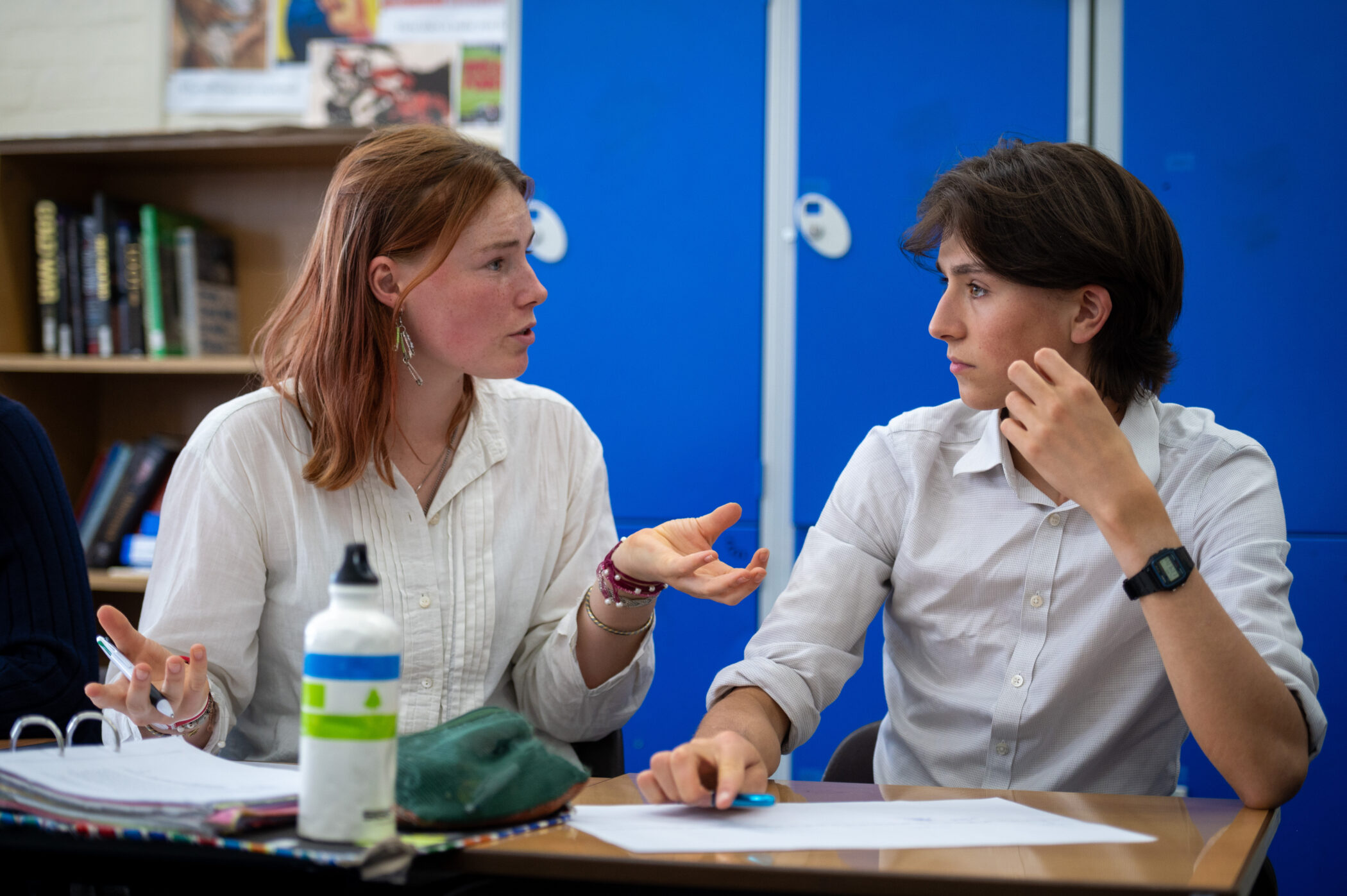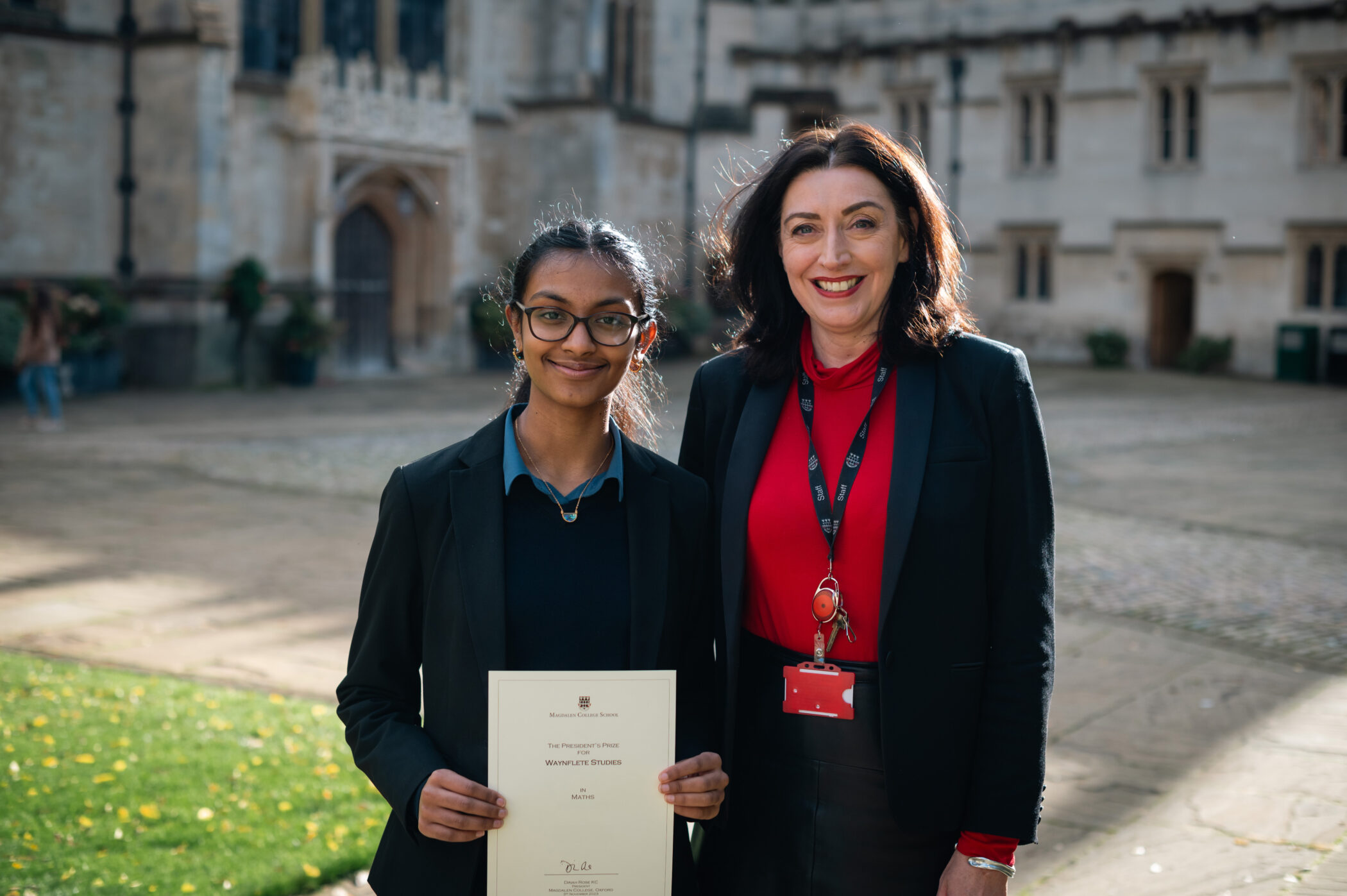Geography
Geography has the unique position of addressing the issues that face us right now whilst delivering an understanding of what is happening in the classroom, out the window, across the country and stretching around the globe. In a world of ever-increasing complexity, change, conflict and challenges there is no other subject that delivers such a holistic understanding of the planet we live on.
The aim of the Geography curriculum at MCS is to inspire pupils to think critically on the world around them, to reflect on the pressing issues of the day and the drivers that underpin them, to have a fundamental understanding of how the world works and to be responsible global citizens who can address the challenges of the future with an informed understanding of the complexities of the issues it faces.
“Geography is not only up-to-date and relevant, it is one of the most exciting, adventurous and valuable subjects to study today. So many of the world's current problems boil down to geography, and we need the geographers of the future to help us understand them”
Michael Palin
Lower School
The Lower School follow an in-house curriculum designed to engage them with some of the myriad of sub-disciplines that underpin Geography and the skills needed to tackle more complex issues. In the Second From they tackle everything from the challenges of feeding the world to the global distribution of resources and the physical systems in place on the coast for which they travel to the Dorset coast for the day. In the Third Form we range from tectonic proceeses to Superpower Geographies, the human planet and the Geography of Crime. In the Third form pupils have a field trip to investigate microclimates as part of the weather and climate topic.
Middle School
Pupils in the Lower 4th complete topics on the polar regions and the threats they face, the Geography of Health and the Boom and Bust of Global Cities. As a part of this the Lower 4th spend a day in East London exploring regeneration and the future of global cities at The Crystal followed by the chance to create their own utopian future. In the Trinity term they tackle the issues associated with our oceans, particularly the threats of conflict and environmental pollution
Geography is a very popular GCSE option and the pupils who chose the subject in the Upper 4th follow the Edexcel A specification. The syllabus is wide ranging from changing cities and the challenges of resource management to global development issues, biodiversity threats and river and glacial landscapes. The GCSE course is supported by a residential fieldtrip to North Wales to explore the glacial features of Snowdonia, downstream changes on the River Conwy and urban change in Wrexham.
Sixth Form
The A Level curriculum follows the OCR specification which allows critical engagement with contemporary issues and provides an excellent launching point for those wishing to study Geography at university. Lessons are wide ranging and the content goes far beyond that required in the A Level syllabus, allowing pupils to address the underlying issues and delve into the complexities underpinning the physical systems. Geography lessons in the Sixth Form would be characterised by challenging ideas, problem solving, spirited discussion, team work and an inate desire to understand how the world around us works.
A Level Geographers are an ingredient in a broad church of other options and it is more than likely that between the class they will study every other subject on offer – bringing a diverse range of skills and opinions to the room; you are just as likely to be sitting beside a future medic as you are an architect, engineer or Geographer.
The content of the A Level includes the challenges of Earth’s Life Support Systems and the coastal landscape as well as the unashamedly current issues surrounding global migration, disease and the ever popular exploration of power, borders and conflict. More ‘traditional’ topics of plate tectonics and coasts are delivered with an engagement in the issues they present alongside the pure science that underpins them.
Refer to the Sixth Form Curriculum guide for a more detailed breakdown of the A Level Geography programme.
Further Inspiration
If you are thinking about studying Geography in the Sixth Form at MCS, you might want to start reading around the subject before you join. Our Study Preparation guides are a useful tool, detailing further reading around key topics.
GEOGRAPHY Study Preparation Guide
Extra-curricular
The Geography department is a hive of activity, and there are plenty of opportunities for pupils to get involved in extra-curricular activities:
- Extra-curricular clubs run for the Lower and Middle who have produced everything from video expeditions to board games to model landscapes.
- The Middle School and Sixth Form have a smorgasbord of opportunities with large numbers attending lectures at the Oxford Geographical Association with eminent speakers such as Danny Dorling and Tim Marshall as well as in-house speakers through the Geography Society. The Sixth Form also benefit from a chance to delve deeper into the issues of the day in their reading group supported by the Waynflete Academic.
- Our pupils have an impressive record in external essay competitions with recent prizes in the Young Geographer of the Year and Hart Humanitarian Essay prize.
- MCS also serves as the host of the WorldWise Quiz for Oxfordshire with around 30 teams competing annual for two trophies from a range of local school in both the independent and maintained sector.
Trips
Alongside the field trip opportunities for every year group in the curriculum, we are well known for our spirit of adventure approach to travel both in the UK and overseas. The Lower School travel in large numbers to Northumberland on a biannual basis and in recent years ever larger groups have travelled annually to India, Iceland, Morocco, Cuba and SW USA amongst others from the Middle School and Sixth Form.
Where Geography could take you
Around a third of A Level Geographers go onto study it a university making it a consistently popular subject with pupils heading to Oxbridge and Russel Group Universities. Geography is perhaps unique in the skill set it delivers with Geographers particularly skilled at critical thinking and the synthesis of information and ideas. They are excellent communicators, team players and presenters so it is little surprise that Geographers are some of the most employable graduates.
Old Waynfletes have gone on to careers in multi-national companies, think tanks, the civil service, the NHS, teaching(!), finance and third sector, to name just a few; Geography can take you anywhere….
“There has never been a better or more important time to study Geography. With growing interest in issues such as climate change, migration, environmental degradation and social cohesion, Geography is one of the most relevant courses you could choose to study”
Dr Rita Gardner
 MCS ranks among the top independent secondary schools, and in 2024 was awarded Independent School of the Year for our contribution to social mobility.
MCS ranks among the top independent secondary schools, and in 2024 was awarded Independent School of the Year for our contribution to social mobility.

 28 of our pupils achieved 10 or more 8 or 9 grades in 2024.
28 of our pupils achieved 10 or more 8 or 9 grades in 2024.
 In 2023-24, MCS received over £448,000 in donated funds.
In 2023-24, MCS received over £448,000 in donated funds.








